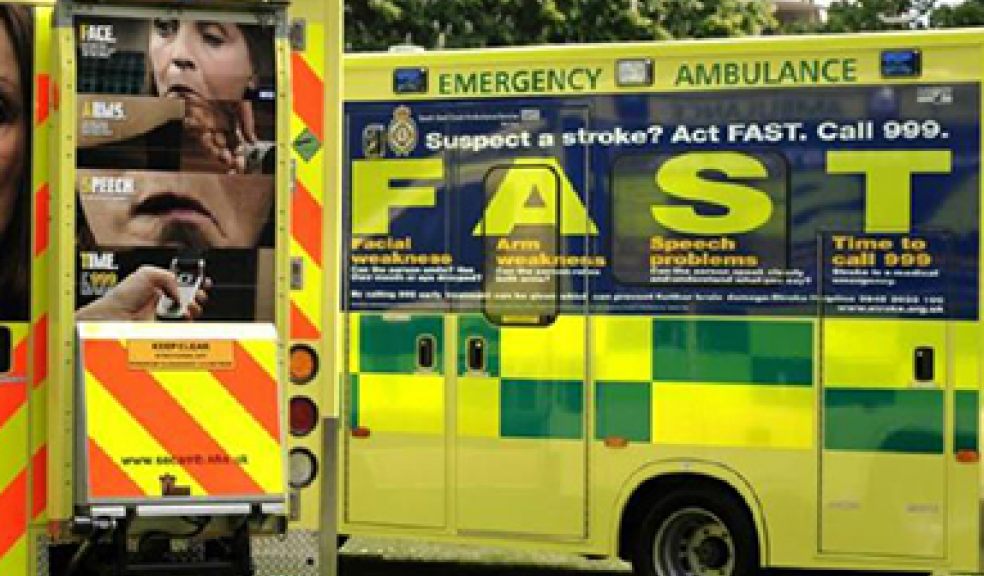
Impact Awards: George Smith Regional Partnership
During a glittering ceremony last night in the Great Hall, the winners of the University of Exeter Impact Awards 2013 were revealed.
The impact awards celebrate the outstanding contributions researchers at the University have made to wider society.
Each award was separated into categories to showcase the particular area that they benefit.
University of Exeter has a long history of working closely will some of the regions biggest and brightest organisations. The George Smith regional partnership highlights both the researchers and their supporters for the impact they are having on the area.
External peer reviewer Pippa Warrin, Senior Manager of Regional Planning for the Arts Council, said that she was "impressed by the imagination and creativity of many of the entries."
The award was won by work from Penisula Collaboration for Leadership in Applied Health Research and Care (Pen CLAHR) for work which is saving lives.
Stroke is the third cause of death and greatest cause of adult disability within the UK. The only licensed treatment is thrombolysis with the ‘clot-busting’ drug altepase which significantly improves outcomes but is critically time dependant.
In collaboration with the SW Peninsula Heart and Stroke Network researchers used innovative computer simulation and data analysis to model stroke pathways and identify changes which most benefit patients.
This has helped deliver a four-fold increase in patients treated and halve the time taken to deliver thrombolysis at Exeter Hospital with other regional hospitals showing similar benefits using the treatment.
The research has been widely disseminated and acclaimed.
Thrombolysis with intravenous alteplase is currently the only licensed treatment worldwide for acute ischemic stroke. The benefit is critically dependent on time from stroke onset to treatment with an exponential decay in the odds of a favourable outcome up to 4.5 hours.
Although the benefits of the treatment are widely recognised, uptake of alteplase remains limited. International data show only 4.3% to 10% of ischaemic stroke patients receive thrombolysis.
In South West England, where the rural context presents particular challenges, 2011 data showed rates ranging from 2% to 4.5%. Interventions to improve thrombolysis rates have to date involved a trial and error approach where any benefits are evaluated post implementation.
In collaboration with the SW Peninsula Heart and Stroke Network the researchers’ innovative approach used computer simulation and quantitative analysis to evaluate the impact of proposed changes prior to any implementation.




















